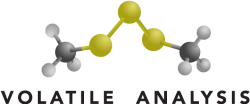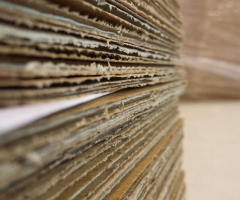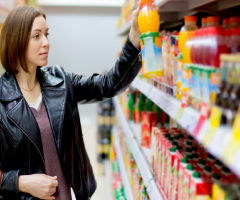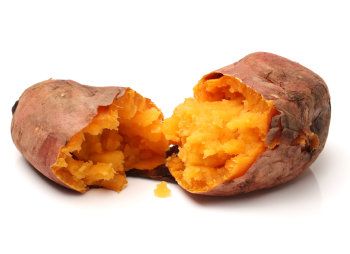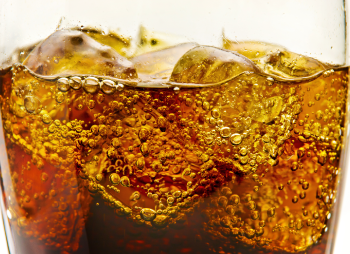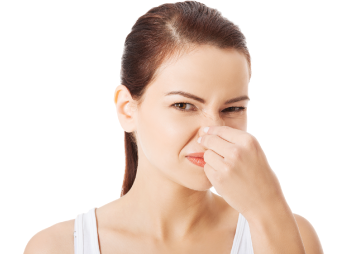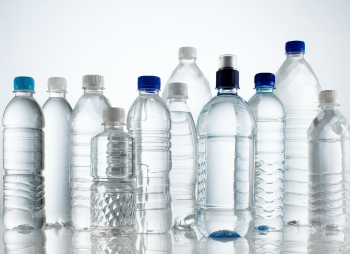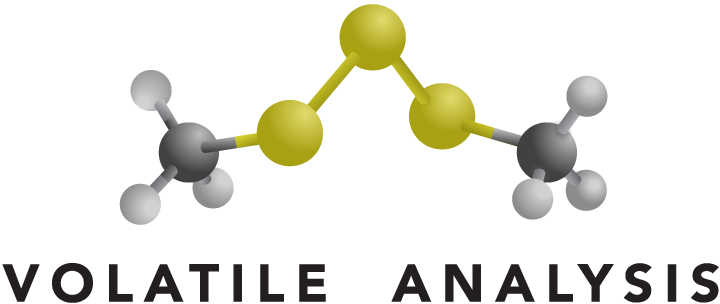
Sensory
Sensory Defined
The goal of Sensory is to measure, analyze and interpret sensory responses (smell, taste, sight, touch, hearing) utilizing sound science principals. Volatile Analysis focuses on the chemicals senses: smell and taste. Both senses involve contact between a chemical stimulus and a receptor. Smell, also known as olfaction, involves volatile chemicals that reach the the nose, or nasal epithelium. Taste is usually defined as sensations imparted by chemical interaction with taste buds, or sweet, sour, salty, bitter, and umami. Recently data indicate there may be a fatty acid taste as well.
Applying Sensory to your problem
Based on our experience, most people describe a given odor with different words (descriptors). These differences in description sometimes make it difficult to understand how the different descriptors are related. There are also differences in how people experience smell and taste (anosmia describes a persons’ inability to smell an odor). Common language is one of the most important aspects of measuring sensory perceptions. We routinely utilize Quantitative Descriptive Analysis principles to characterize and rate odor/flavor intensities. We also utilize threshold testing to gain insight into individual chemical aroma activity within a given matrix.
Applicable Industries
Sensory offerings
While sensory is often independent of analytical sciences, at Volatile Analysis we bring a unique capability of using analytical chemistry including chemical identification, and aroma active chemical standards to help take sensory science to another level. Below many of the individual components of the sensory process are briefly described. Volatile can provide an individual sensory service or integrate into an overall sensory strategy.
Product Lexicon Creation
When an organization is implementing a new product offering that has aroma or odorous components, a product lexicon should be generated as part of an overall sensory program. It is important that throughout sensory evaluation, both internally and externally, that all panelists are speaking the same language and the lexicon is a vehicle to accomplish just that. To find out more information about creating your product lexicon click HERE.
Sensory Panel Creation and Support
VAC offers unique capabilities in sensory and analytical. In support of our off-odor work we routinely convene sensory panels. The most frequently used include quantitative descriptive analysis (QDA) where a descriptive panel is trained for measuring product attributes. We also conduct threshold testing in various media. This is particularly useful when assessing how problematic specific odorants are in a given product formulation. If you need assistance creating a sensory panel and for more information click HERE.
Sensory Panel Training
In building a sensory program sensory panel training is a must. By ensuring you have trained panelists that are able to perceive important changes in an aroma profile or be able to clearly articulate differences between products you can be more successful in customer satisfaction. Click HERE to learn more.
Global Multi-Cultural Sensory Program Creation
We employ sensory techniques that allow for cultural differences in odor interpretation. Specifically our on site descriptive panels rely on panelist input to provide the most accurate reflection of a regions unique odor/flavor interpretation. Want to know more about this service? Click HERE.
